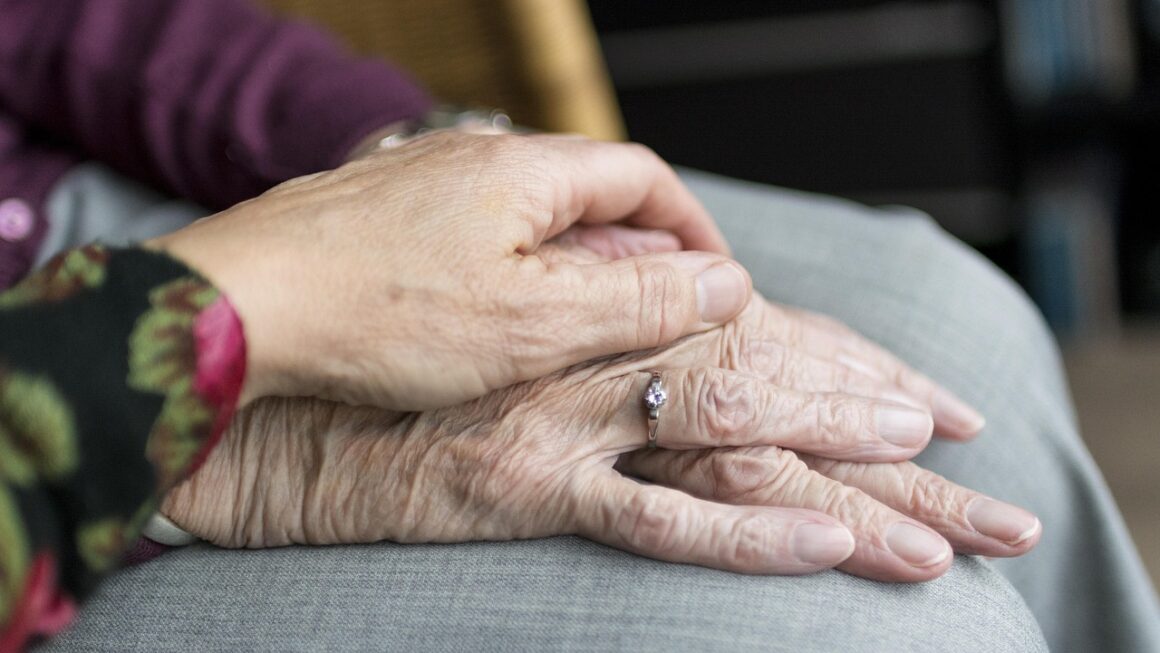Breaking up is hard to do. It’s a universal experience that can leave you feeling lost, heartbroken, and unsure of what the future holds. The pain can be overwhelming, but the good news is that you can heal and move forward. This guide provides practical strategies and insights to help you navigate the breakup recovery process and emerge stronger and more resilient than before. It’s a journey, not a sprint, so be kind to yourself and allow yourself the time and space you need to heal.
Understanding Breakup Grief
The Stages of Grief After a Breakup
Breakups trigger grief, similar to the loss of a loved one, but the loss is of a relationship, a shared future, and the person you knew. Understanding this process is the first step towards healing. While not everyone experiences them in the same order, the common stages of grief include:
- Denial: Difficulty accepting the relationship is over. You might find yourself rationalizing their behavior or hoping for reconciliation. For example, constantly checking their social media or driving by their house.
- Anger: Feeling frustrated, resentful, and angry towards your ex, yourself, or the situation. This is a normal part of processing the pain. For instance, you might feel intense rage when you see them with someone else or hear about them having a good time.
- Bargaining: Attempting to negotiate with yourself, your ex, or a higher power to change the outcome. This might involve thinking, “If I had only done X, maybe things would be different.”
- Depression: Feeling sadness, hopelessness, and loss of interest in activities you once enjoyed. It’s crucial to differentiate this from clinical depression, which may require professional help. Feeling down for a few days is normal, but persistent sadness and lack of motivation warrants further evaluation.
- Acceptance: Coming to terms with the reality of the breakup and starting to move forward. Acceptance doesn’t mean you’re happy about it, but you’ve accepted it and are ready to build a new future.
Recognizing Your Emotions
Identifying and acknowledging your emotions is vital. Suppressing feelings can prolong the healing process. Journaling, talking to a trusted friend, or seeking professional counseling can help you process your emotions constructively.
- Journaling prompts: Try writing about what you miss about the relationship, what you learned from it, and what you hope for in the future.
- Example: Instead of saying, “I’m fine,” acknowledge, “I’m feeling really sad and lonely right now.” This allows you to process the emotion rather than bury it.
Rebuilding Your Self-Esteem
Practicing Self-Care
Self-care is not selfish; it’s essential for rebuilding your self-esteem after a breakup. This involves taking care of your physical, emotional, and mental well-being.
- Physical Self-Care:
Regular exercise: Exercise releases endorphins, which have mood-boosting effects. Aim for at least 30 minutes of moderate-intensity exercise most days of the week. Examples: Going for a walk, dancing, or joining a fitness class.
Healthy diet: Nourishing your body with wholesome foods can improve your energy levels and overall mood. Focus on fruits, vegetables, lean protein, and whole grains.
Adequate sleep: Aim for 7-9 hours of quality sleep per night. Establishing a regular sleep schedule and creating a relaxing bedtime routine can help.
- Emotional Self-Care:
Engage in activities you enjoy: Rediscover hobbies or activities that bring you joy and fulfillment. Examples: Reading, painting, listening to music, or spending time in nature.
Practice mindfulness: Mindfulness techniques, such as meditation or deep breathing exercises, can help you stay present and manage stress.
Limit social media: Constantly seeing your ex’s posts or comparing yourself to others on social media can negatively impact your self-esteem. Consider taking a break from social media or unfollowing accounts that trigger negative emotions.
- Mental Self-Care:
Set realistic goals: Break down larger goals into smaller, more manageable steps to avoid feeling overwhelmed.
Learn something new: Engaging your mind in new activities can boost your confidence and provide a sense of accomplishment. Consider taking a class, learning a new skill, or reading books on topics that interest you.
Practice positive self-talk: Replace negative thoughts with positive affirmations. Instead of thinking, “I’m not good enough,” try, “I am worthy of love and happiness.”
Setting Healthy Boundaries
Establishing clear boundaries is crucial for protecting your emotional well-being during and after a breakup.
- No contact rule: Implementing a no-contact rule can help you detach emotionally and prevent further hurt. This means avoiding all communication with your ex, including phone calls, texts, emails, and social media interactions.
- Communicate your needs: Clearly communicate your boundaries to others, including friends and family. For example, if you don’t want to talk about your ex, let them know.
- Avoid mutual friends (initially): While difficult, minimizing contact with mutual friends, especially in the immediate aftermath, can prevent unwanted news or reminders of your ex.
Reconnecting with Yourself
Exploring New Interests
A breakup provides an opportunity to rediscover yourself and explore new interests. This can help you build a stronger sense of identity and find new sources of joy.
- Try new activities: Step outside of your comfort zone and try new hobbies, classes, or social activities. This could involve anything from joining a hiking group to taking a cooking class.
- Travel: Traveling to new places can broaden your perspective and provide a fresh start. Even a short weekend getaway can be a great way to recharge and reconnect with yourself.
- Volunteer: Helping others can be a fulfilling way to give back to your community and boost your self-esteem.
Defining Your Values and Goals
Reflect on your values and set new goals for your future. This can help you create a sense of purpose and direction.
- Identify your core values: What is most important to you in life? Consider values such as honesty, kindness, creativity, and independence.
- Set SMART goals: Set Specific, Measurable, Achievable, Relevant, and Time-bound goals for your personal and professional life. For example, instead of saying, “I want to be happier,” try, “I will practice mindfulness for 10 minutes every day for the next month.”
- Visualize your future: Imagine what your ideal future looks like and create a vision board or write a detailed description of your goals and dreams.
Seeking Support
Talking to Trusted Friends and Family
Lean on your support network for emotional support and encouragement. Talking to trusted friends and family members can provide a sense of comfort and perspective.
- Share your feelings: Don’t be afraid to express your emotions to those you trust. Talking about your feelings can help you process them more effectively.
- Ask for help: Don’t hesitate to ask for practical support, such as help with errands or childcare, if you need it.
- Set boundaries: While it’s important to seek support, also set boundaries to avoid becoming overwhelmed by others’ opinions or advice.
Considering Professional Counseling
If you’re struggling to cope with the breakup on your own, consider seeking professional counseling. A therapist can provide a safe and supportive space to process your emotions and develop coping strategies.
- Benefits of therapy:
Provides a non-judgmental space to explore your feelings.
Helps you develop coping mechanisms for managing stress and anxiety.
Offers guidance on rebuilding your self-esteem and setting healthy boundaries.
Can help you identify and address underlying issues that may be contributing to your emotional distress.
- Finding a therapist:
Ask your doctor or friends for recommendations.
Search online directories of therapists in your area.
Consider online therapy platforms, which offer convenient and affordable access to mental health services.
Conclusion
Breakup recovery is a process that takes time, patience, and self-compassion. By understanding the stages of grief, rebuilding your self-esteem, reconnecting with yourself, and seeking support, you can heal from the pain of the breakup and emerge stronger and more resilient. Remember to be kind to yourself, celebrate small victories, and trust that you will find happiness again. The end of a relationship is not the end of your story; it’s the beginning of a new chapter filled with possibilities.




